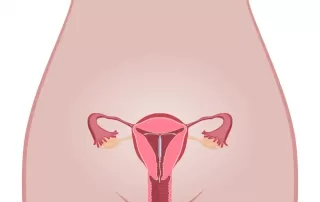Overview
Contraception refers to the various methods and techniques used to prevent pregnancy. These methods allow individuals and couples to make informed choices about their reproductive health and family planning. Contraceptive options are diverse and include barrier methods, hormonal methods, intrauterine devices (IUDs), natural methods, and permanent solutions.
Barrier methods, such as condoms, diaphragms, and cervical caps, physically block sperm from reaching the egg. Condoms also provide the added benefit of protecting against sexually transmitted infections (STIs). Hormonal methods involve the use of hormones to prevent ovulation, and include birth control pills, patches, injections, and hormonal IUDs. These methods are highly effective but require consistent use to maintain their efficacy.
Intrauterine devices (IUDs) are small devices inserted into the uterus to prevent pregnancy and can be either hormonal or copper-based. IUDs offer long-term protection, lasting from 3 to 10 years depending on the type. Natural methods involve tracking the menstrual cycle and avoiding intercourse during fertile periods, using techniques such as the calendar method, basal body temperature monitoring, and cervical mucus observation.
Permanent methods of contraception include sterilisation procedures like tubal ligation for women and vasectomy for men. These methods are intended for those who do not wish to have children in the future. Emergency contraception, such as the morning-after pill, can be used after unprotected sex to prevent pregnancy but should not be relied upon as a regular method of contraception.
The effectiveness of contraceptive methods varies, with IUDs and hormonal methods generally being more effective than barrier or natural methods. In addition to preventing pregnancy, some contraceptive methods offer additional health benefits, such as regulating menstrual cycles, reducing menstrual cramps, and managing acne.
Choosing the right contraceptive method involves considering factors such as health, lifestyle, and reproductive goals. Consulting with a healthcare provider can help individuals and couples make the best choice for their needs.








